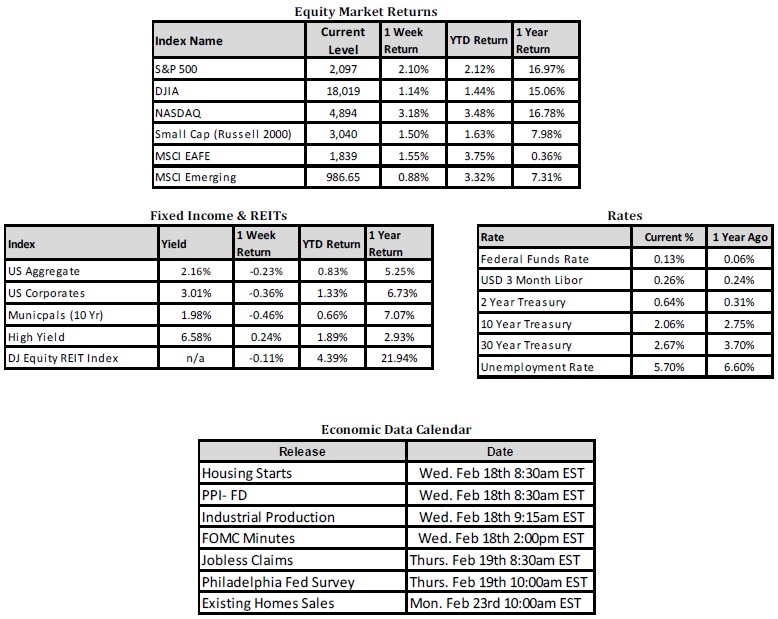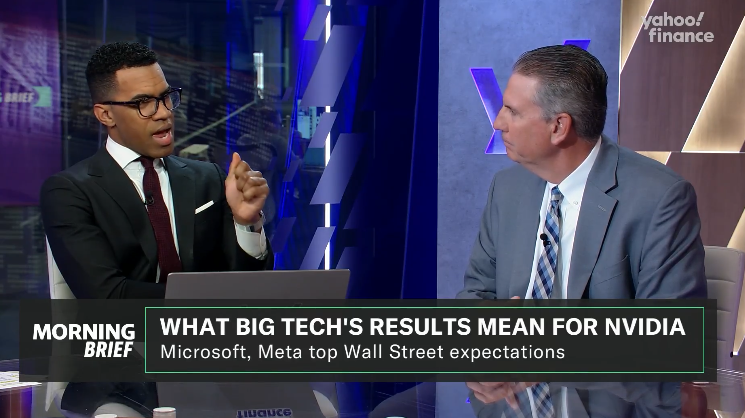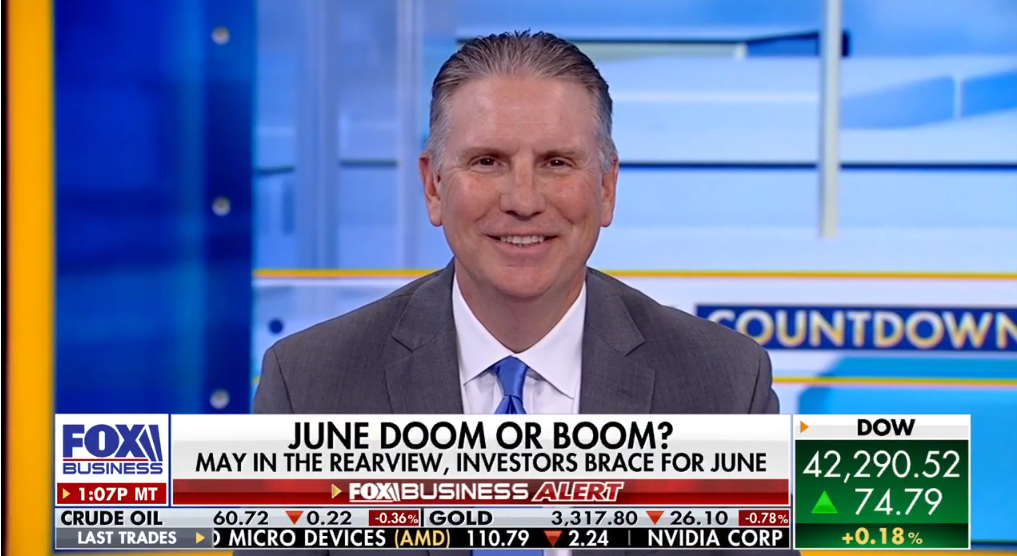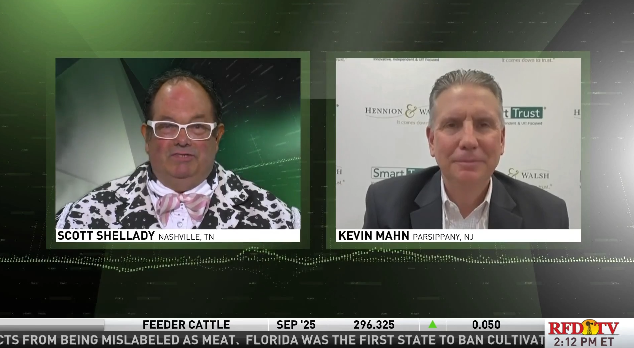
Capital Markets Update – Week of 2/16/2015
Market Overview
Sources: Rates Data and Economic Calendar—Bloomberg Markets as of 2/17/15; Equity Market, Fixed Income and REIT returns from JP Morgan as of 2/13/15.
Happening Now
U.S. Markets Gain while European Markets Weigh Risks
The U.S. equity markets moved solidly higher last week as the S&P 500 index gained 2.1% to finish the week up 2.12% for the year while the Dow Jones Industrial Average gained 1.14% to finish the week up 1.44% so far in 2015. Moving forward, we continue to watch developments out of Europe with regards to the future of Greece’s membership in the European monetary union. While we are not overly concerned with the risks of contagion to the periphery that plagued European equity markets during the late summer of 2010, we are concerned about the message that will be sent to other debt laden countries in the region, should concessions be made.
On Monday, talks between Greek and European finance ministers broke down after Greece rejected a proposed six month extension of its bailout package. European markets closed lower Monday as the Euro Stoxx 600 lost 0.11%, and closed flat Tuesday after trading lower throughout the day. Also important to European markets is the future path of Russian involvement in Ukraine. Despite a ceasefire put in place on 2/15, the EU handed Russia fresh sanctions Monday that were applied to 19 individuals and nine organizations.
The geo-political risks to the Eurozone add a risk premium to the equity markets in the region that we believe offsets their relatively attractive valuations. Should these risks subside and loose monetary conditions continue, the potential for growth opportunities in certain markets may prove attractive. The value of the Euro relative to the U.S. dollar will continue to be vital in evaluating these potential opportunities and certain hedging techniques to reduce or eliminate Euro exposure should be considered.
Important Information and Disclaimers
Past Performance is not a guarantee of future performance.
Investing in foreign securities presents certain risks not associated with domestic investments, such as currency fluctuation, political and economic instability, and different accounting standards. This may result in greater share price volatility. These risks are heightened in emerging markets.
There are special risks associated with an investment in real estate, including credit risk, interest rate fluctuations and the impact of varied economic conditions. Distributions from REIT investments are taxed at the owner’s tax bracket.
The prices of small company and mid cap stocks are generally more volatile than large company stocks. They often involve higher risks because smaller companies may lack the management expertise, financial resources, product diversification and competitive strengths to endure adverse economic conditions.
Investing in commodities is not suitable for all investors. Exposure to the commodities markets may subject an investment to greater share price volatility than an investment in traditional equity or debt securities. Investments in commodities may be affected by changes in overall market movements, commodity index volatility, changes in interest rates or factors affecting a particular industry or commodity.
Products that invest in commodities may employ more complex strategies which may expose investors to additional risks.
Investing in fixed income securities involves certain risks such as market risk if sold prior to maturity and credit risk especially if investing in high yield bonds, which have lower ratings and are subject to greater volatility. All fixed income investments may be worth less than original cost upon redemption or maturity. Bond Prices fluctuate inversely to changes in interest rates. Therefore, a general rise in interest rates can result in the decline of the value of your investment.
Definitions
MSCI- EAFE: The Morgan Stanley Capital International Europe, Australasia and Far East Index, a free float-adjusted market capitalization index that is designed to measure developed-market equity performance, excluding the United States and Canada.
MSCI-Emerging Markets: The Morgan Stanley Capital International Emerging Market Index, is a free float-adjusted market capitalization index that is designed to measure the performance of global emerging markets of about 25 emerging economies.
Russell 3000: The Russell 3000 measures the performance of the 3000 largest US companies based on total market capitalization and represents about 98% of the investible US Equity market.
ML BOFA US Corp Mstr [Merill Lynch US Corporate Master]: The Merrill Lynch Corporate Master Market Index is a statistical composite tracking the performance of the entire US corporate bond market over time.
ML Muni Master [Merill Lynch US Corporate Master]: The Merrill Lynch Municipal Bond Master Index is a broad measure of the municipal fixed income market.
Investors cannot directly purchase any index.
LIBOR, London Interbank Offered Rate, is the rate of interest at which banks offer to lend money to one another in the wholesale money markets in London.
The Dow Jones Industrial Average is an unweighted index of 30 “blue-chip” industrial U.S. stocks.
The S&P Midcap 400 Index is a capitalization-weighted index measuring the performance of the mid-range sector of the U.S. stock market, and represents approximately 7% of the total market value of U.S. equities. Companies in the Index fall between S&P 500 Index and the S&P SmallCap 600 Index in size: between $1-4 billion.
DJ Equity REIT Index represents all publicly traded real estate investment trusts in the Dow Jones U.S. stock universe classified as Equity REITs according to the S&P Dow Jones Indices REIT Industry Classification Hierarchy. These companies are REITSs that primarily own and operate income-producing real estate.




